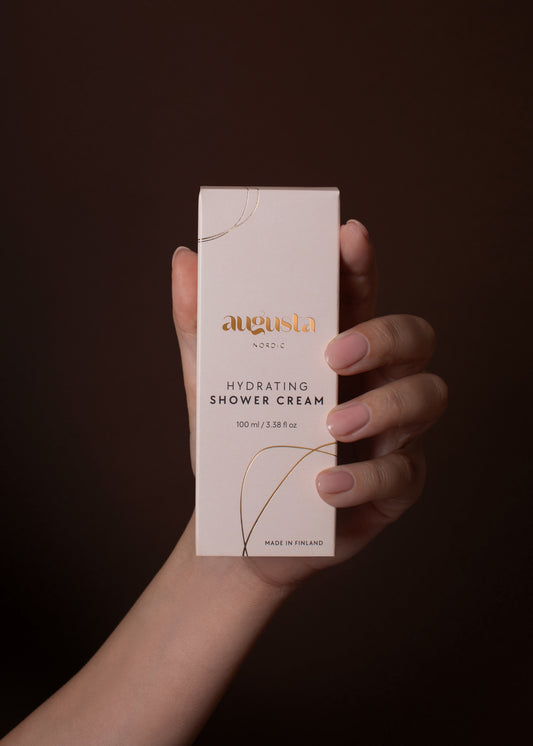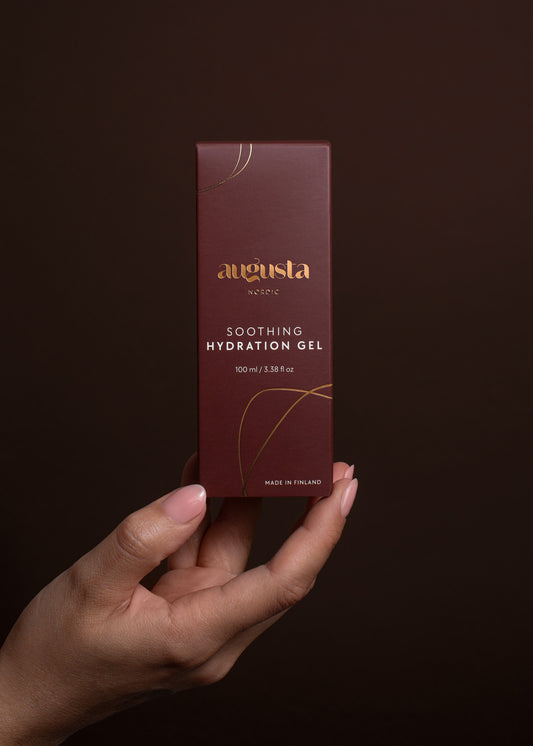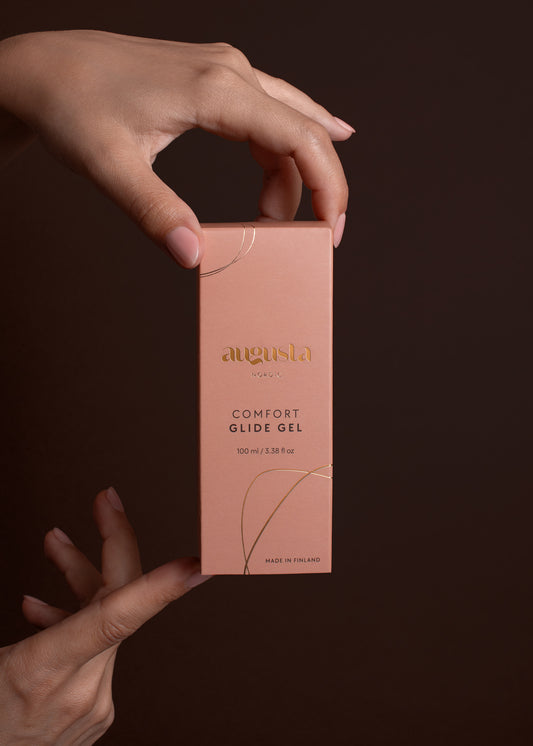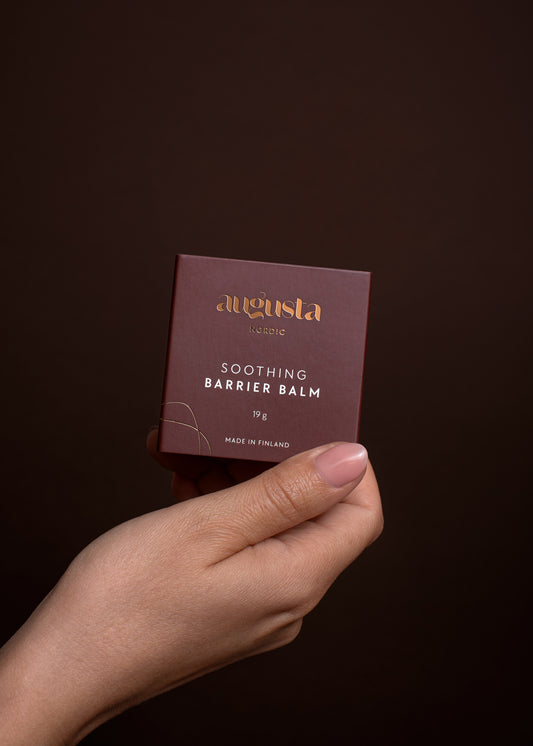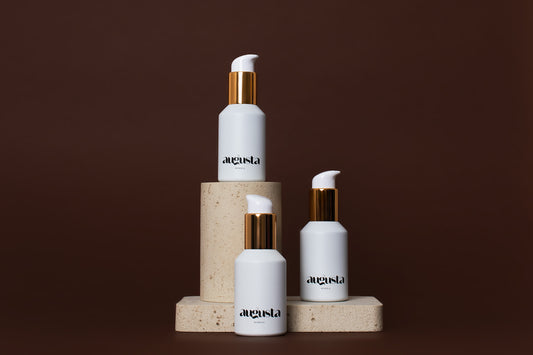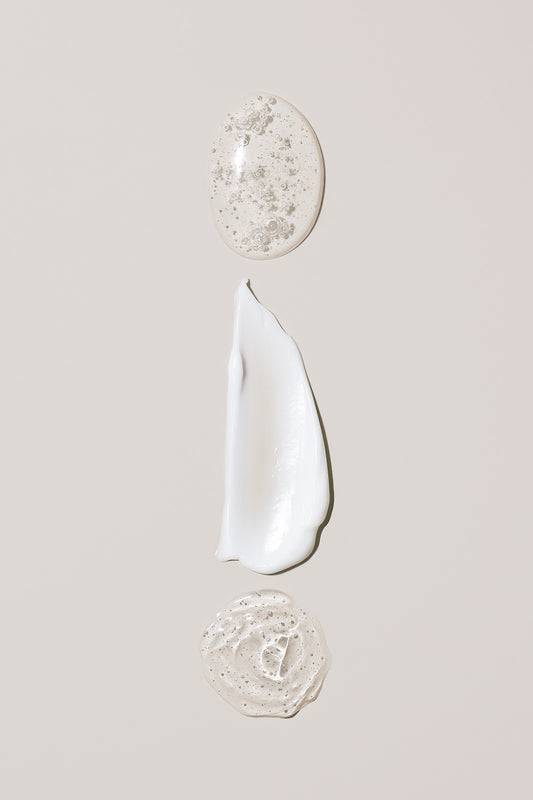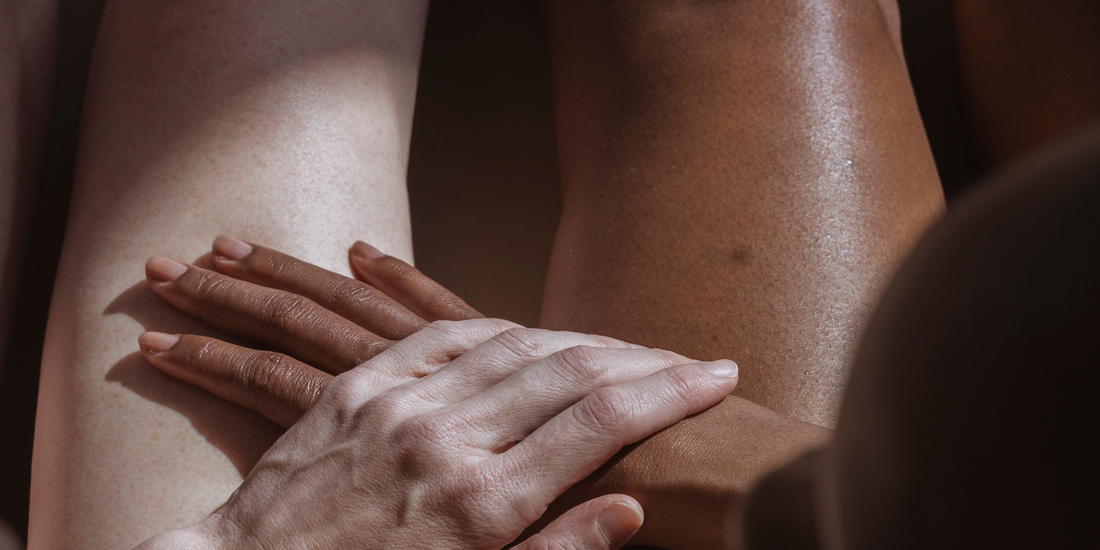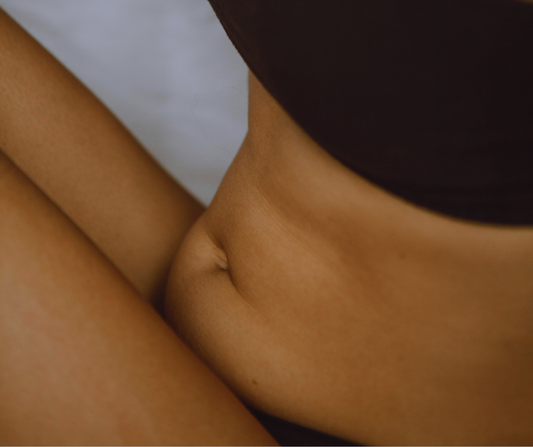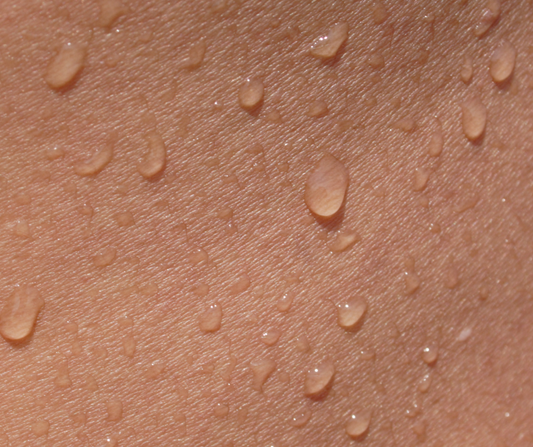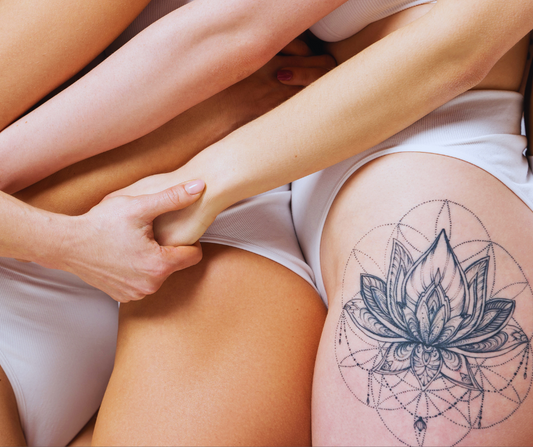Vaginal itching is a common issue that can affect anyone with a vagina at any point in their life. While often uncomfortable and inconvenient, vaginal itching is usually a symptom of an underlying condition, ranging from minor irritations to infections. This blog post explores the causes of vaginal itching, how to recognize symptoms, and what you can do to find relief.
What Causes Vaginal Itching?
Several factors can lead to vaginal itching, and identifying the cause is key to determining the best treatment. Here are some common causes:
-
Yeast Infections: One of the most common causes of vaginal itching is a yeast infection, also known as candidiasis. Yeast naturally exists in the vagina, but when it overgrows, it can cause itching, irritation, and thick, white discharge. Yeast infections often occur after taking antibiotics or during hormonal changes.
-
Bacterial Vaginosis (BV): BV occurs when the balance of bacteria in the vagina is disrupted, leading to an overgrowth of harmful bacteria. This can cause vaginal itching, a fishy-smelling discharge, and irritation. BV is more common in individuals who are sexually active or have had a recent change in sexual partners.
-
Sexually Transmitted Infections (STIs): Some STIs, such as chlamydia, gonorrhea, trichomoniasis, and genital herpes, can cause vaginal itching as a symptom. These conditions often come with additional symptoms, such as unusual discharge, sores, or a burning sensation during urination.
-
Contact Dermatitis: Vaginal itching can result from contact with irritants, such as scented soaps, laundry detergents, fabric softeners, or certain types of condoms. Some people are more sensitive to these products and develop an allergic reaction or irritation that causes itching.
-
Hormonal Changes: Hormonal fluctuations, especially during perimenopause, menopause, pregnancy, or breastfeeding, can lead to dryness and thinning of the vaginal walls (known as vaginal atrophy). This condition often results in itching, irritation, and discomfort, particularly during sex.
-
Poor Hygiene: Insufficient hygiene practices or wearing tight, non-breathable clothing can create an environment where bacteria or yeast thrive, leading to irritation and itching. However, over-washing or using harsh soaps can also cause dryness and itching by stripping away natural oils and disrupting the vagina’s pH balance.
-
Skin Conditions: Conditions such as eczema, psoriasis, or lichen sclerosus can affect the skin around the vulva, leading to chronic itching, dryness, and irritation.
-
Stress: Sometimes, stress can weaken the immune system and make the body more prone to infections or exacerbate conditions that cause vaginal itching.
Symptoms of Vaginal Itching
The primary symptom is, of course, itching in and around the vaginal area. However, depending on the cause, you may experience other symptoms, such as:
- Redness or swelling
- Irritation or burning
- Unusual discharge (color, consistency, or odor changes)
- Pain during urination or sex
- Visible sores or blisters (especially with herpes or STIs)
If these symptoms persist, it's essential to consult a healthcare provider for a diagnosis and appropriate treatment.
How to Relieve Vaginal Itching
There are several ways to find relief from vaginal itching, but the right solution depends on the cause. Here are some general recommendations:
-
Over-the-Counter Treatments: For mild yeast infections, antifungal creams or suppositories can be effective.
-
Maintain Proper Hygiene: Wash the vaginal area daily with mild, unscented soap and warm water. Avoid using harsh chemicals, scented wipes, or douches, as they can disrupt the natural balance of bacteria and cause irritation. After washing, pat the area dry rather than rubbing.
-
Wear Breathable Clothing: Choose loose-fitting, cotton underwear to allow airflow and reduce moisture buildup. Avoid tight jeans, synthetic fabrics, and non-breathable materials that can trap heat and moisture, leading to irritation.
-
Avoid Irritants: If you suspect that a certain product (like laundry detergent, soap, or fabric softener) is causing irritation, switch to hypoallergenic and fragrance-free options. Be mindful of the materials used in condoms, lubricants, and menstrual products, as these can also cause reactions in sensitive individuals.
-
Use a Cold Compress: To relieve discomfort and itching, try applying a cold compress or ice pack (wrapped in a cloth) to the vulva for short periods. This can soothe the area and reduce inflammation.
-
Topical Creams or Ointments: If the itching is caused by a skin condition, your healthcare provider may recommend a steroid cream or other medication to reduce inflammation and soothe irritation.
-
Stay Hydrated and Eat a Balanced Diet: Drinking plenty of water and consuming a diet rich in fruits, vegetables, and probiotics can support vaginal health and help maintain a healthy balance of bacteria.
-
Consult a Doctor for Prescription Medications: If over-the-counter treatments don’t work or if you have more severe symptoms, it’s important to see a healthcare provider. They may prescribe stronger antifungal medications, antibiotics for BV or STIs, or hormone therapy if the itching is related to menopause.
When to See a Doctor
While vaginal itching can often be treated with home remedies or over-the-counter products, there are times when medical attention is necessary. Seek professional advice if:
- The itching lasts more than a few days despite home treatments
- You experience pain, swelling, or sores
- There is a foul-smelling or unusual discharge
- You have other symptoms like fever or abdominal pain
Getting an accurate diagnosis is essential to ensure the right treatment and prevent further complications.
Vaginal itching is an uncomfortable but common symptom that can be caused by a variety of factors, from infections to irritants and hormonal changes. Understanding the underlying cause is the first step toward finding relief. By practicing good hygiene, using appropriate treatments, and consulting with a healthcare provider when necessary, you can effectively manage vaginal itching and keep your body healthy.
